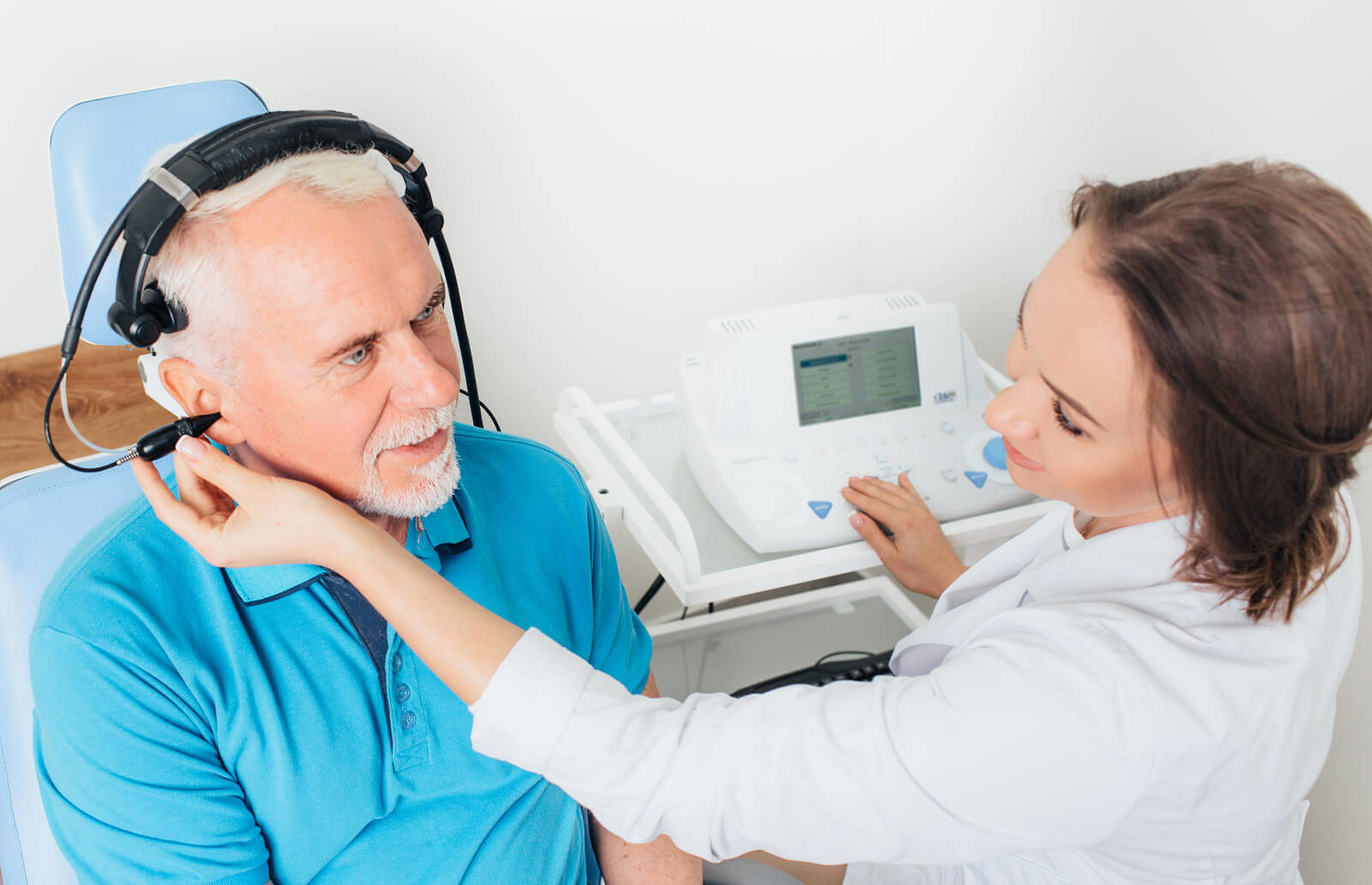People are often surprised to learn that they have hearing loss. After all, if you were unable to read distant signs as easily as you did in the past, a trip to the optometrist would become a priority. The same can’t be said for hearing loss—while sudden exposure to dangerous noises such as gunshots or fireworks can have an immediate impact, this condition typically develops gradually.
For this reason, it can be hard to notice hearing diminish. Even those around you might not realize you’re losing your hearing either. Hearing loss could simply be attributed to selective listening by a spouse, a lack of concentration by an employer, and emotional distance by friends and family. In situations where a peer may suspect hearing loss, it is possible that they will avoid the topic altogether so as not to seem insensitive.
The Signs of Hearing Loss
Hearing loss never gets better on its own, making early recognition and treatment necessary for the best possible recovery plan. Despite common misconceptions that hearing loss only affects the elderly, it can occur at any age.
Due to increasing use of personal listening devices and the development of loud urban environments, hearing loss affects a growing number of people. With over 48 million Americans already living with hearing loss, it is likely that this number will continue to increase. Think you may be one of those individuals?
If you recognize more than a few of these symptoms in yourself or someone else, a hearing evaluation is warranted.
- You regularly ask people to repeat themselves, particularly in crowded environments.
- You sometimes find that your responses to certain questions or phrases are inappropriate because of a misunderstanding.
- People with high-pitched voices, particularly women and children, are difficult to understand.
- Others have repeatedly asked you to turn down the volume on the TV or radio.
- You have been diagnosed with health conditions associated with hearing loss, like diabetes, a heart or circulatory condition, a thyroid condition, high blood pressure, sickle cell disease, and/or vitamin B-12 deficiencies.
- Other personal factors, for example: hearing loss runs in your family, you have experienced head injuries, your received chemotherapy, and/or if you are currently taking drugs known to be ototoxic.
- You have worked in any of the following professions: construction, military service, industry and factory work, agriculture, music and entertainment, and/or public service such as firefighting and ambulance driving.
- You engage in recreational activities that involve extremely loud noises such as hunting, attending concerts or sporting events, or listening to personal music devices.
- After a long day of talking or listening to others, you feel more exhausted than usual.
- Conversations are frustrating when they are not face-to-face, such as on the telephone.
- You avoid social gatherings because you are tired of misunderstanding others.
- You regularly complain that others speak too quickly or mumble their words.
- You hear ringing in your ears.
- Other people seem to regularly respond to sounds that you do not notice, such as birds chirping.
Take the Step Toward Better Hearing
So, what do you do if the list above confirms your suspicions that you might have hearing loss? The next step would be to visit a hearing care professional who can properly diagnose hearing loss and recommend the best treatment.
One possible outcome of a hearing evaluation is a recommendation for hearing aids. Unlike the devices of the past, today’s hearing aids are completely digital and can connect to a number of audio devices, such as smartphones and TVs. In addition, many are rechargeable and designed to fit comfortably behind your ear, making discretion, style, and accessibility possible in a way that would not have been imaginable before.
Isn’t it time you got back to hearing the sounds of life, whether the voices of your loved ones or simply the sounds of birds singing? You have the power to make a change today, so why not decide to take care of your hearing?
 Lisa Klop, Au.D.
Lisa Klop, Au.D.
Dr. Lisa Klop is Manager, Clinical Education for Signia. She is responsible for training customers and sales staff on the company’s current technology and products. She conducts training sessions in customers’ offices, remotely, via webinars, and at regional and national events. Areas of particular expertise include hearing assistive technology and the fitting of kids and teens. Prior to joining Signia (then Siemens Hearing Instruments) in 2012, she operated a private dispensing practice for 6 years. Other clinical experience includes hospital, ENT, and non-profit clinics. Lisa obtained her doctorate degree in Audiology from Central Michigan University in 2005.







